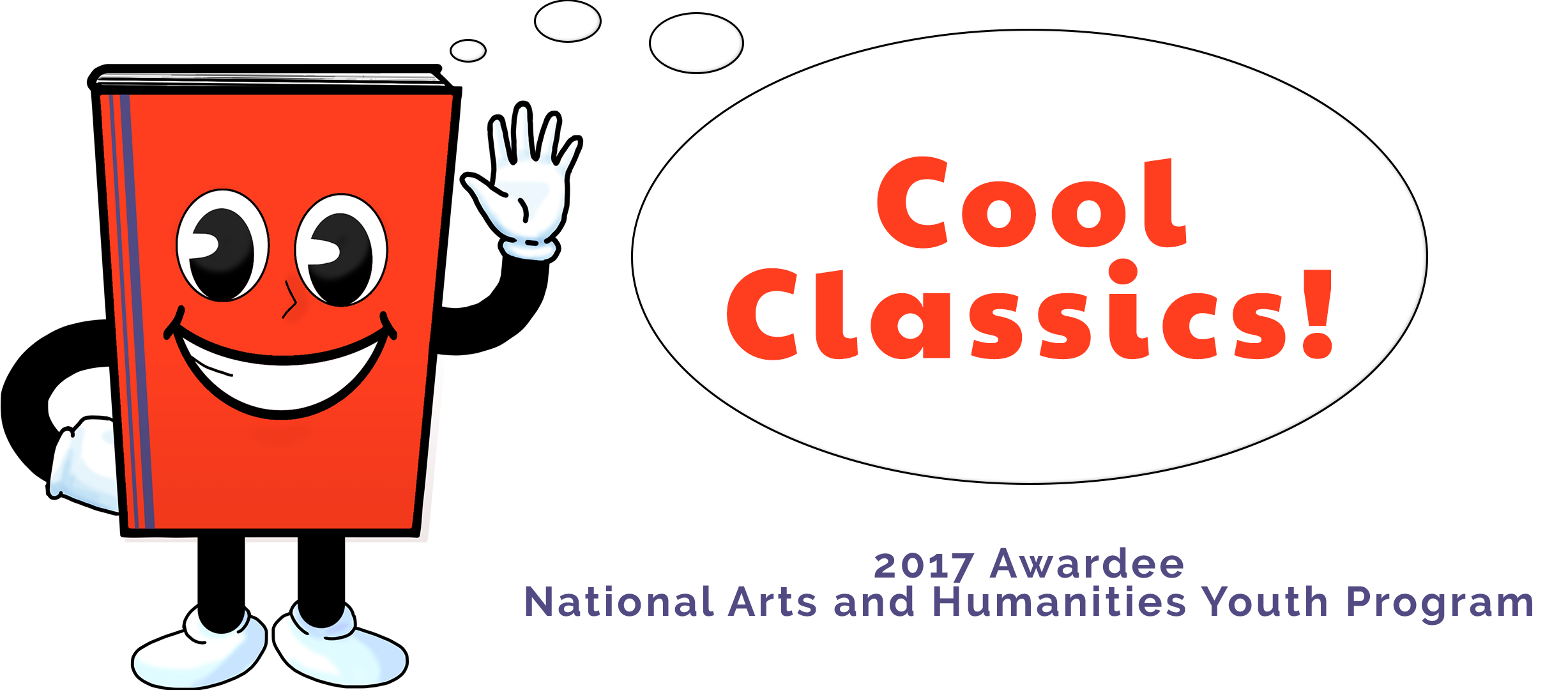The care with which the curriculum was constructed, and the sense of intentionality about activities were impressive. Taking books seriously is meaningful for younger children. A well chosen children’s book can serve as a springboard for exposure to and interaction with rich artistic/cultural material. The premise that younger children can engage complex and at times subtle material, if such material is presented appropriately (an idea broached and explored by Jerome Bruner some 40 years ago now), was strongly supported. Going deeply into learning material is a luxury these days, as is treating learning as an exploration, an experience with no pre-determined outcome. Ms. Tapp and her staff worked hard to create a respectful community, and seems by and large to have succeeded.
Robert Halpern
Discussions related to the story were usually focused but open-ended (i.e. with no pre-determined or single right answer) and serious. The discourse was rich and complex, of the type for which there is increasingly little or no time during the school day. As one parent observed, participating in the program gave her child a chance “to think and talk with other children”. Discussion was not always productive in a narrow or pedagogical sense. But it was important because children were listened to and heard. They had a chance to exercise voice.
The children seemed to particularly enjoy being around people who are really good at something and passionate about what they do.
School administrators and teaching staff remained very supportive of Cool Classics!. Parent feedback, ascertained through a brief survey, was strongly positive. Many noted that their children “loved” one dimension of the experience or another, whether reading the story, the field trips or other elements. As one parent noted, “I never thought that reading a story every day would work.” Parents’ comments suggested that they got — and appreciated — what the program developer and staff were trying to do.
Download the complete report.
Robert Halpern is a Professor Emeritus at the Erikson Institute for Graduate Study in Child Development in Chicago and a Faculty Associate at Chapin Hall Center for Children at the University of Chicago. He is the author of Making Play Work: The Promise of After-School Programs for Low-Income Children (Teachers College Press, 2003), Fragile Families, Fragile Solutions: A History of Supportive Services for Families in Poverty (Columbia University Press, 1999) and Rebuilding the Inner City: A History of Neighborhood Initiatives to Address Poverty (Columbia University Press, 1995), as well as numerous articles and chapters on the effects of poverty on children and families, and the role of services in poor families’ lives. In recent years Dr. Halpern’s research has focused on after-school and youth programs. He was recognized as one of the 25 most influential people in the after-school field by the National AfterSchool Association in 2014.
